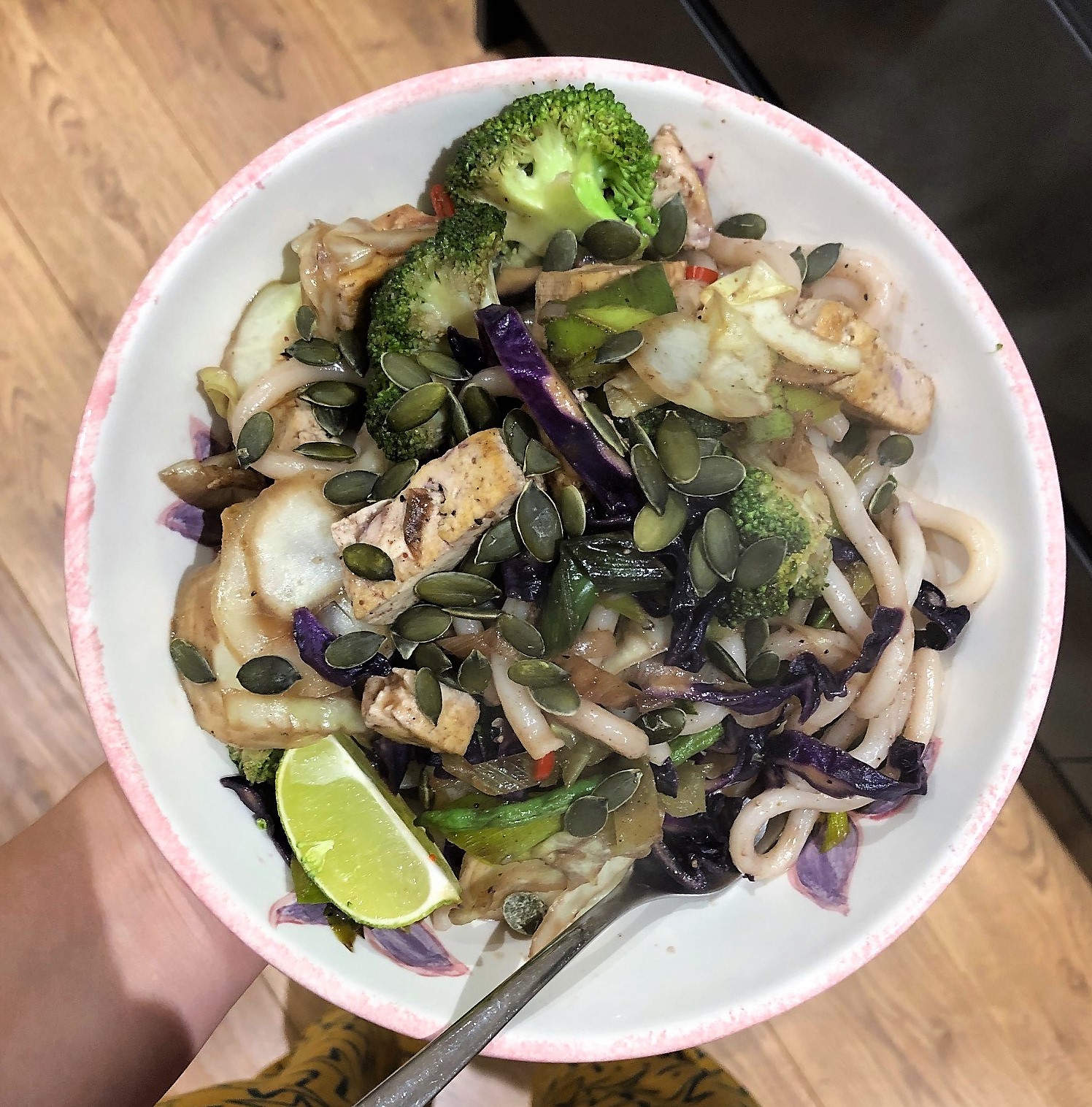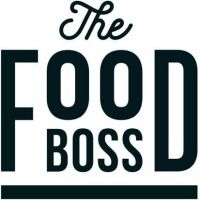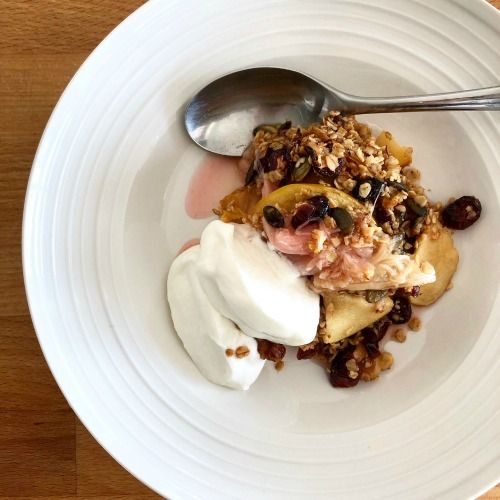In the last 10 days the media have saturated us with a few main headlines relating to food and diets. The first being ultra-processed foods and cancer and the second relating to low fat or low carb diets being better for weight loss and the third focussing on millennials and body weight. I just want to clarify a few things:
The thing is, there is no perfect way to eat. There are no good foods and no bad foods. What works for one, won’t for someone else, that’s why it takes time to get it right, for you. We are creatures of habit, we stick to what we know which is why often people struggle to try new things and change habits that have perhaps been there since they were first born. We like our comfort zone and that’s ok. We live in an environment where whatever we want, we can have, almost instantly and that will have detrimental effects in the long term.
ULTRA-PROCESSED, a word, as a nutrition professional that never really entered my vocabulary until last week. In this day and age we’d be hard pressed to find something that’s not ultra-processed and be able to live the lives we do without using them. From coffee, to bread and hummus to tinned tomatoes, these are all processed. We are busy, and often we don’t have time to prep, chop, cut, steam, bake, fry and serve up a dinner for 6, so buy the pre-cooked rice that you can cook in the microwave and if you have the time to cook a roast dinner from scratch on a Sunday then do that too. There is no doubt that many of us do consume too many processed food, some which is ultra-processed, normally from the less nutritionally dense category. When we examine diet and the link between disease there are so many other factors that come into play, physical activity, smoking, stress and alcohol consumption to name a few. So don’t demonise one thing, I thought we were done with that, just try to get it right most of the time, because that’s real life and pretty normal for most. Oh and ultra-processed, I don’t think we need to contend with another word in the food industry, processed is surely enough.
LOW CARB OR LOW FAT – there is no right answer. If weight loss is a goal for you then it’s a consistent calorie deficit and diet quality that’s important. It’s about taking time to assess your diet as a whole and make small and sustainable changes that you can maintain forever. If you want to measure weight loss then you are going to need to measure what you are eating and when you are moving. Every single short term diet you have ever been on will have reduced your calorie intake in some way, more than likely through the companies own clever marketing, however in a way that isn’t sustainable so keeps you returning time and time again. It takes time to work out what a consistent calorie deficit will be for you, enough to keep you feeling satisfied and not so low that you feel hungry and can’t maintain it whilst ensuring you till enjoy food. And you know what, most of the time it’s hard to do this alone, so get professional advice, you might pay an accountant to deal with your finances so why not do the same for your food intake. Even if its just to take a look at your overall diet to make some positive changes.
MILLENIALS – scaremongering was perhaps not the best way to promote this article to the general public, that also included fat shaming which is something I detest. There is no doubt that carrying excess weight can be detrimental to your health and is linked to many health conditions, such as cancer and type 2 diabetes. But using overweight or obese as a general terms isn’t helpful. All we need to do is look at the environment we are surrounded with and it’s no wonder we are where we are. Education is pivotal, awareness is vital but no matter how educated we are if all we have is what’s right in front of us that’s generally what we’ll end up having. We do need more regulation, we need help from the government and we need more businesses supporting the health and wellbeing of their employees and students.
CONSISTENT THEME – eat a bit of everything, keep it balanced, you know your own limits and do not under any circumstance demonise food. EVER.




Recent Comments